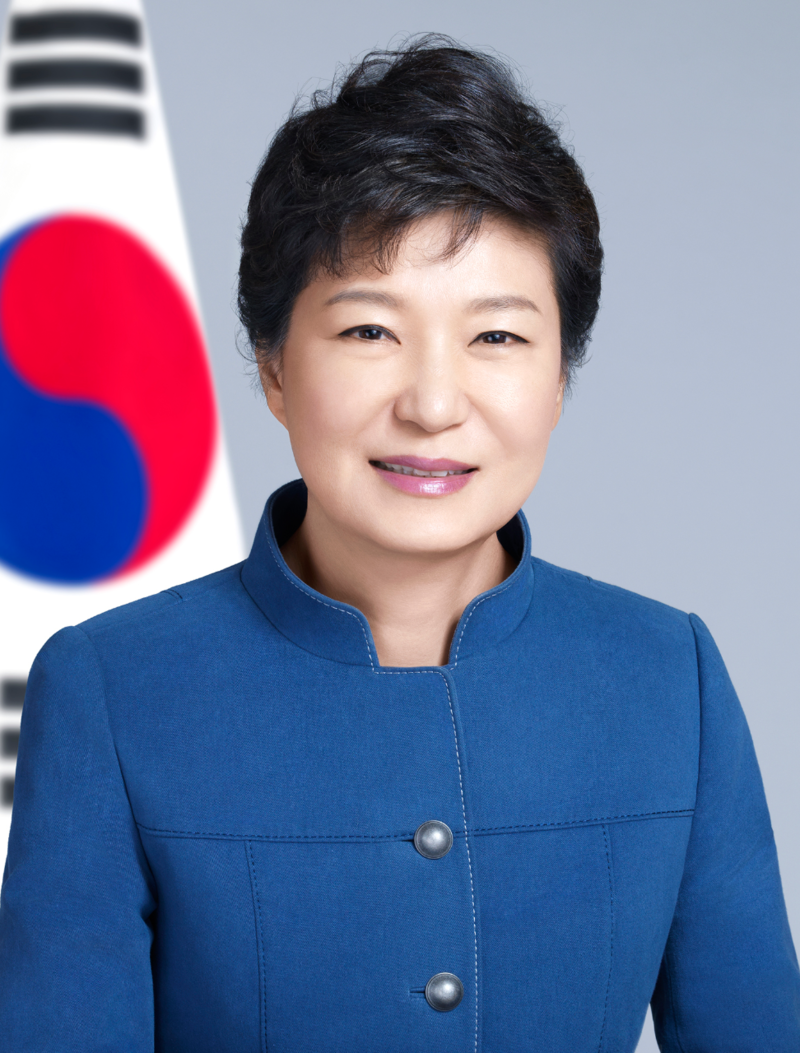On December 19, 2012, South Korea made history by electing its first female president, Park Geun-hye. This landmark event marked a significant step forward for gender equality in South Korean politics. Park, the daughter of former South Korean dictator Park Chung-hee, emerged victorious as a member of the conservative Saenuri Party.
Park Geun-hye’s election as the first female president of South Korea was a momentous occasion that shattered the glass ceiling in a country known for its patriarchal society. Her victory was a testament to the changing attitudes and growing acceptance of women in leadership positions.
Park’s political journey was deeply intertwined with her family’s history. Her father, Park Chung-hee, ruled South Korea as a military dictator from 1961 until his assassination in 1979. Despite the controversial nature of her father’s regime, Park Geun-hye capitalized on her family name and political legacy to garner support during her campaign.
Prior to her election, Park Geun-hye had a long and distinguished political career. She served as a member of the National Assembly, representing the party her father had founded, the Saenuri Party. Her experience and political acumen made her a formidable candidate, and she was able to secure the party’s nomination for the presidential race.
During her campaign, Park focused on issues such as economic growth, national security, and social welfare. She promised to address the growing income inequality in South Korea and to strengthen the country’s relations with its neighboring nations. Her platform resonated with many voters, especially those who were looking for stability and continuity in leadership.
On election day, Park Geun-hye emerged victorious, winning 51.6% of the popular vote. Her victory was celebrated by many as a significant milestone for gender equality in South Korean politics. It signaled a shift in the traditionally male-dominated political landscape and opened doors for more women to pursue leadership roles in the future.
However, Park Geun-hye’s presidency was not without controversy. In 2016, a major political scandal involving her close confidante, Choi Soon-sil, rocked the nation. It was revealed that Choi had exerted considerable influence over Park, meddling in state affairs and using her position for personal gain.
The scandal led to massive protests across South Korea, with millions of people demanding Park’s resignation. In December 2016, the National Assembly voted to impeach Park Geun-hye, making her the first South Korean president to be impeached. She was subsequently removed from office in March 2017.
The impeachment and removal of Park Geun-hye marked a dark chapter in South Korean political history. It exposed deep-rooted corruption and abuse of power within the highest echelons of government. The incident served as a wake-up call for the nation, leading to calls for political reform and a reevaluation of the country’s political system.
Despite the scandal and subsequent impeachment, Park Geun-hye’s election as the first female president of South Korea remains a significant milestone for gender equality. It shattered long-held stereotypes and paved the way for more women to enter the political arena.
Today, South Korea continues to make progress in promoting gender equality and empowering women in leadership positions. The election of Moon Jae-in as the country’s president in 2017 further demonstrated the changing dynamics of South Korean politics.
While Park Geun-hye’s presidency may have been marred by controversy, her election as the first female president of South Korea will forever be remembered as a pivotal moment in the nation’s history. It serves as a reminder of the progress made in breaking down gender barriers and the ongoing struggle for equality.
References:
- BBC: South Korea’s Park Geun-hye election victory
- Al Jazeera: Park Geun-hye wins South Korea presidential race
- The New York Times: South Korea’s Park Geun-hye removed from office
Excerpt: On December 18, 2012, South Korea elected its first female president, Park Geun-hye. Park, the daughter of former South Korean dictator Park Chung-hee, was a member of the conservative Saenuri Party. Her election was seen as a significant step for gender equality in South Korean politics. However, her presidency was later marred by a major political scandal that led to her impeachment and removal from office.

